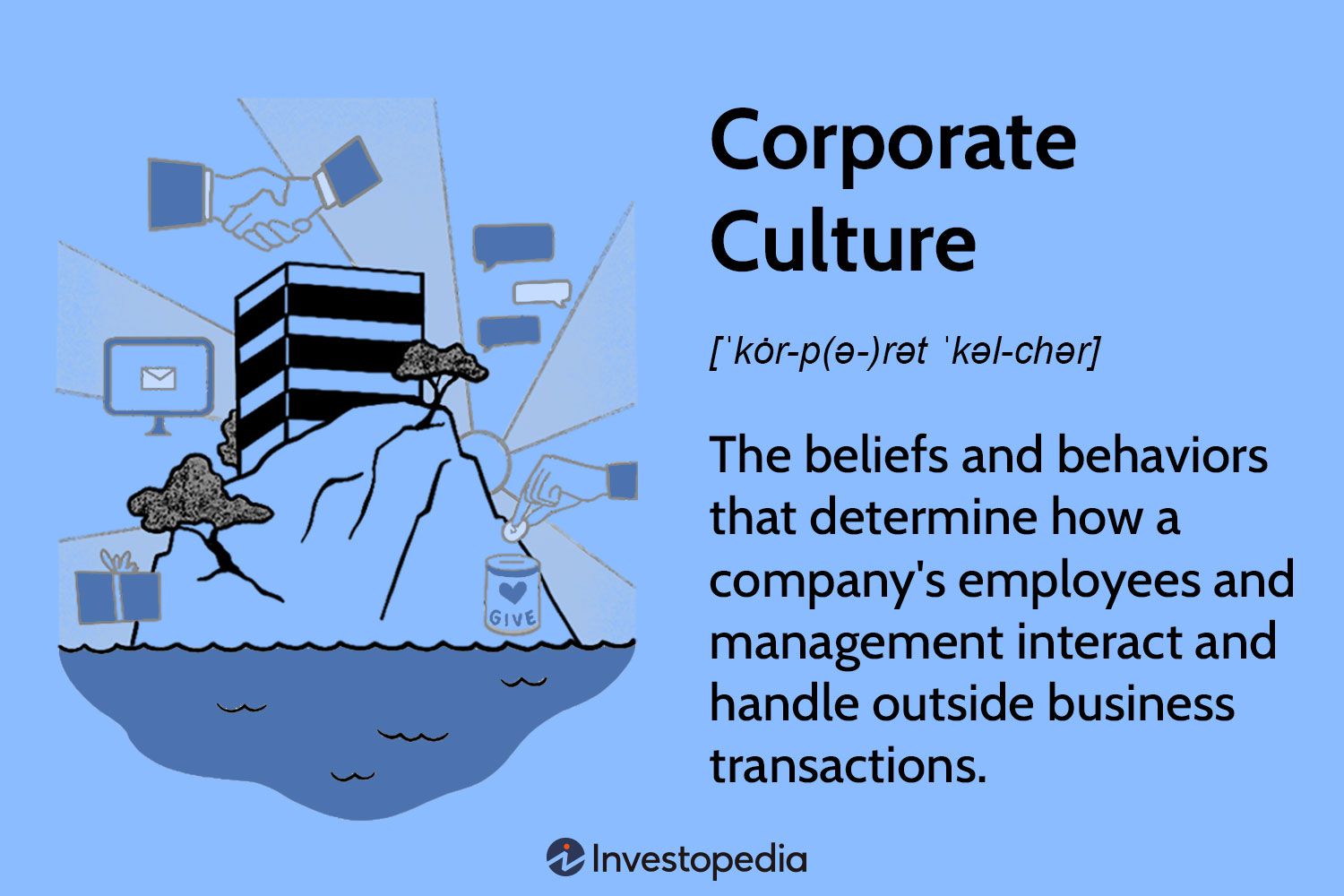Pop culture is always changing and evolving, but there are many lessons that we can learn from its past. From the importance of creativity to the impact of social commentary, past pop culture icons have taught us valuable lessons that we can apply to our everyday lives. Collaboration, authenticity, nostalgia, good writing, visuals, fan culture, representation, and adaptability are all essential elements of successful pop culture moments. By learning from the past, we can create better pop culture moments, connect with audiences more effectively, and make a lasting impact in the world.
10 Things We Can Learn From Pop Culture’s Past
Pop culture is always changing and evolving, and while it’s important to stay current with the latest trends, it’s also just as important to look back at the past. Pop culture from the past can serve as a valuable source of inspiration and education, and there are many lessons that we can learn from it. Here are 10 things we can learn from pop culture’s past.
1. The Importance of Creativity
Pop culture is all about creativity, and past pop culture icons like Andy Warhol, the Beatles, and David Bowie showed us just how important it is to think outside the box and create something new and innovative. We can learn from them that creativity is not only valuable in the arts but can also be applied to our everyday lives.
2. The Power of Collaboration
Collaboration is essential in the entertainment industry, and several iconic pop culture moments from the past, like Michael Jackson and Paul McCartney’s “Say Say Say,” or Freddie Mercury and David Bowie’s “Under Pressure,” showed us just how powerful collaborations can be. By combining talents and working together, we can create something that’s greater than the sum of its parts.
3. The Importance of Authenticity
From Elvis Presley’s rebellious attitude to Madonna’s constant reinvention, pop culture icons from the past have shown us the importance of being true to ourselves and our identities. Embracing our unique qualities and expressing them authentically can help us connect with others and make a lasting impact.
4. The Impact of Social Commentary
Pop culture has always been a way for creators to comment on social issues and spark important conversations. From Bob Dylan’s protest songs to George Orwell’s dystopian masterpiece, “1984,” pop culture has shown us the power of using creative mediums to make a difference in the world.
5. The Value of Nostalgia
Nostalgia is a powerful emotion, and past pop culture moments, like “I Love Lucy” or “Star Wars,” have shown us just how much people value past experiences and memories. Incorporating elements of nostalgia into modern pop culture can help us connect with audiences and create a sense of familiarity and comfort.
6. The Need for Good Writing
Whether it’s a great screenplay or a memorable song lyric, good writing is essential in pop culture. From classic movies like “Gone with the Wind” to iconic songs like “Bohemian Rhapsody,” the importance of strong writing cannot be understated.
7. The Impact of Visuals
Visuals are a major part of pop culture, and iconic music videos like Michael Jackson’s “Thriller” or Madonna’s “Vogue” have shown us just how impactful they can be. From fashion choices to set designs, visuals can make or break a pop culture moment and are essential in creating a memorable overall aesthetic.
8. The Power of Fan Culture
Fan culture has always been a significant part of pop culture, and past fandoms, like “Star Trek” or “Lord of the Rings,” have shown us just how powerful fans can be in shaping the cultural landscape and inspiring new creativity.
9. The Importance of Representation
From Beyonce’s message of female empowerment to the representation of marginalized communities in movies like “Moonlight,” past pop culture moments have shown us just how important representation is in creating a more inclusive and diverse society.
10. The Need for Adaptability
Pop culture is always changing, and the ability to adapt is essential in staying relevant and engaging with audiences. From Madonna’s constant reinvention to the rise of TikTok, past pop culture moments have shown us the importance of being adaptable and open to new trends and technologies.
In conclusion, pop culture’s past offers us numerous valuable lessons about creativity, collaboration, authenticity, social commentary, nostalgia, good writing, visuals, fan culture, representation, and adaptability. By learning from these lessons, we can create better pop culture moments, connect with audiences more effectively, and make a lasting impact in the world.
